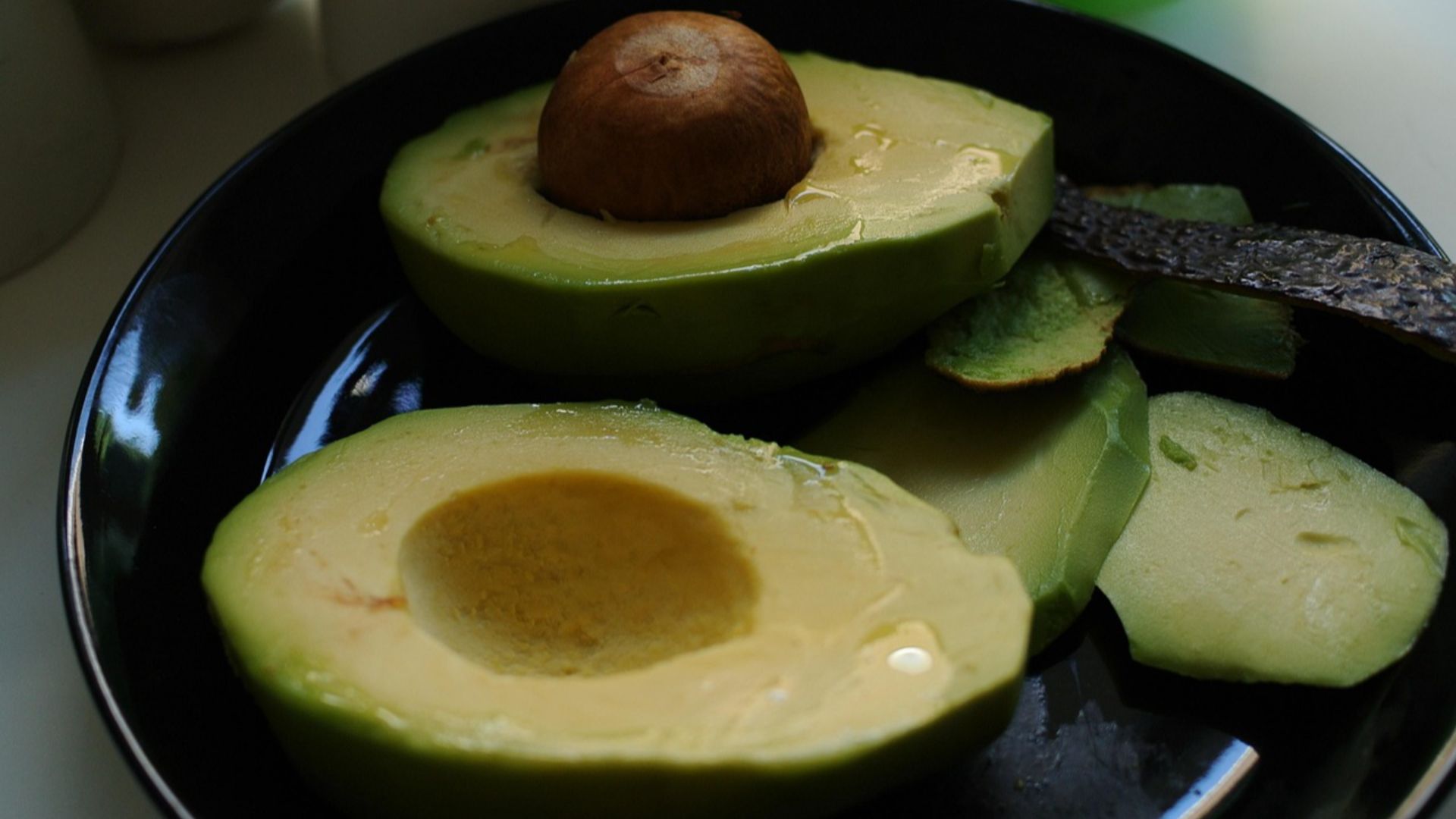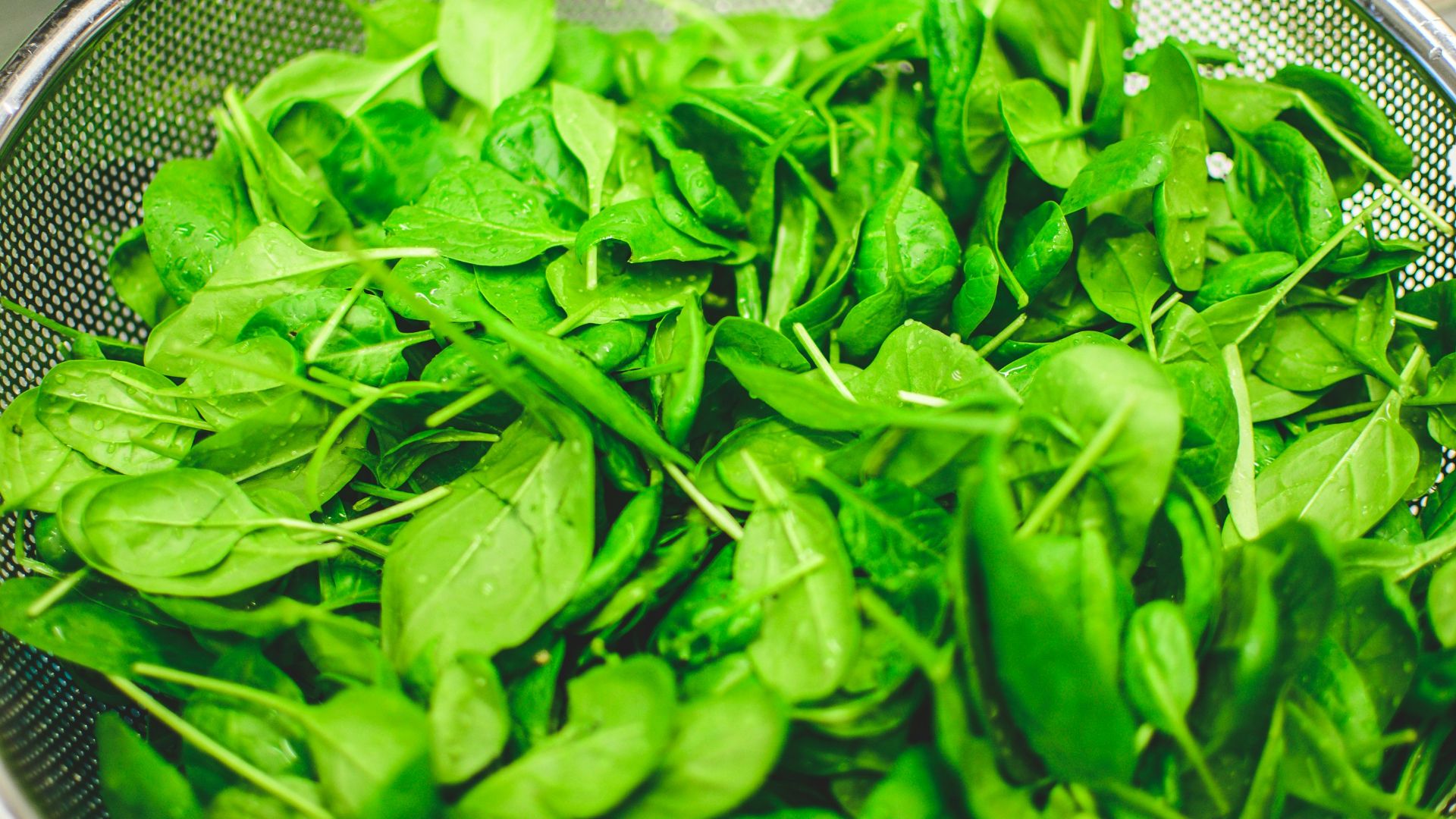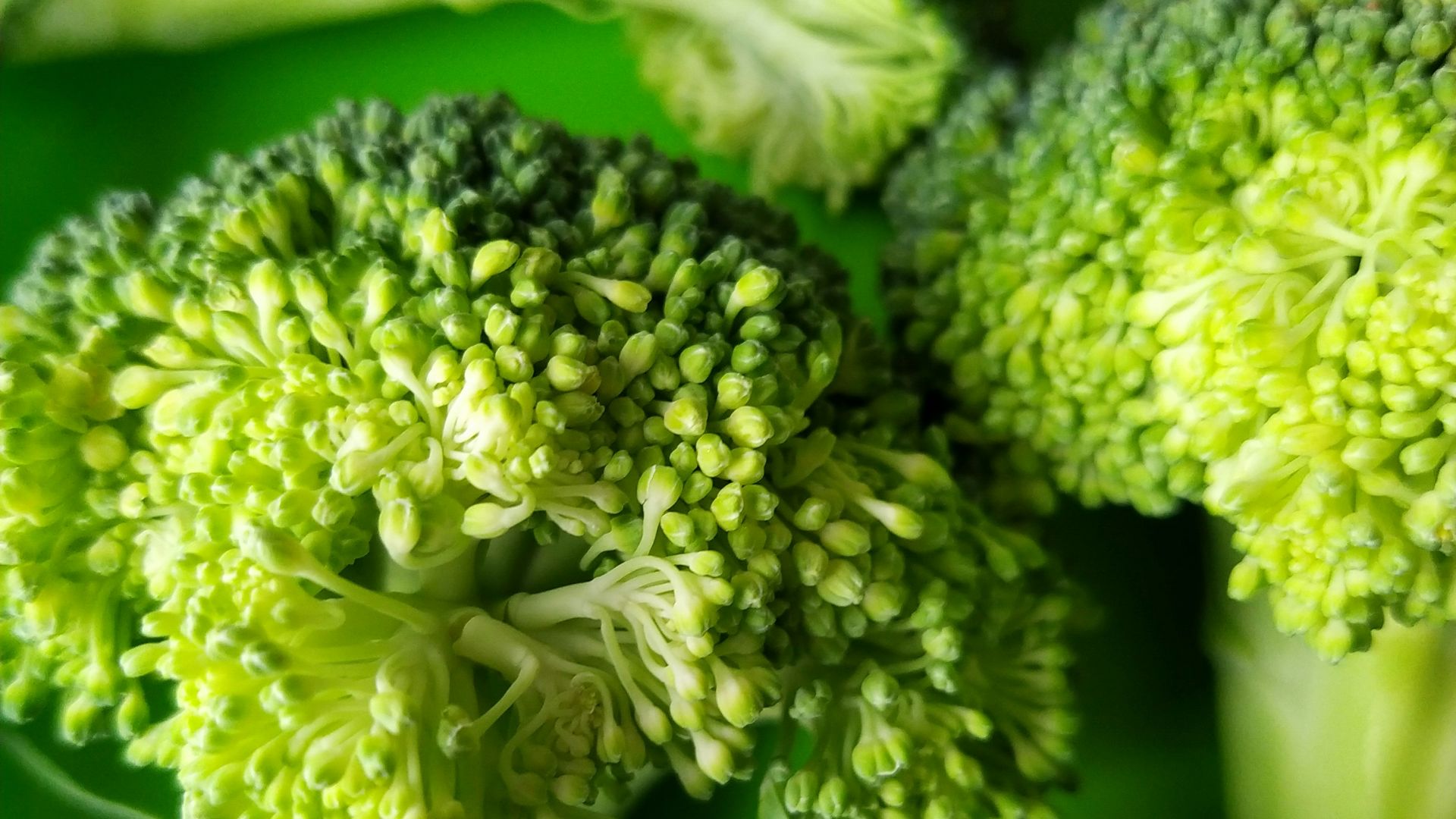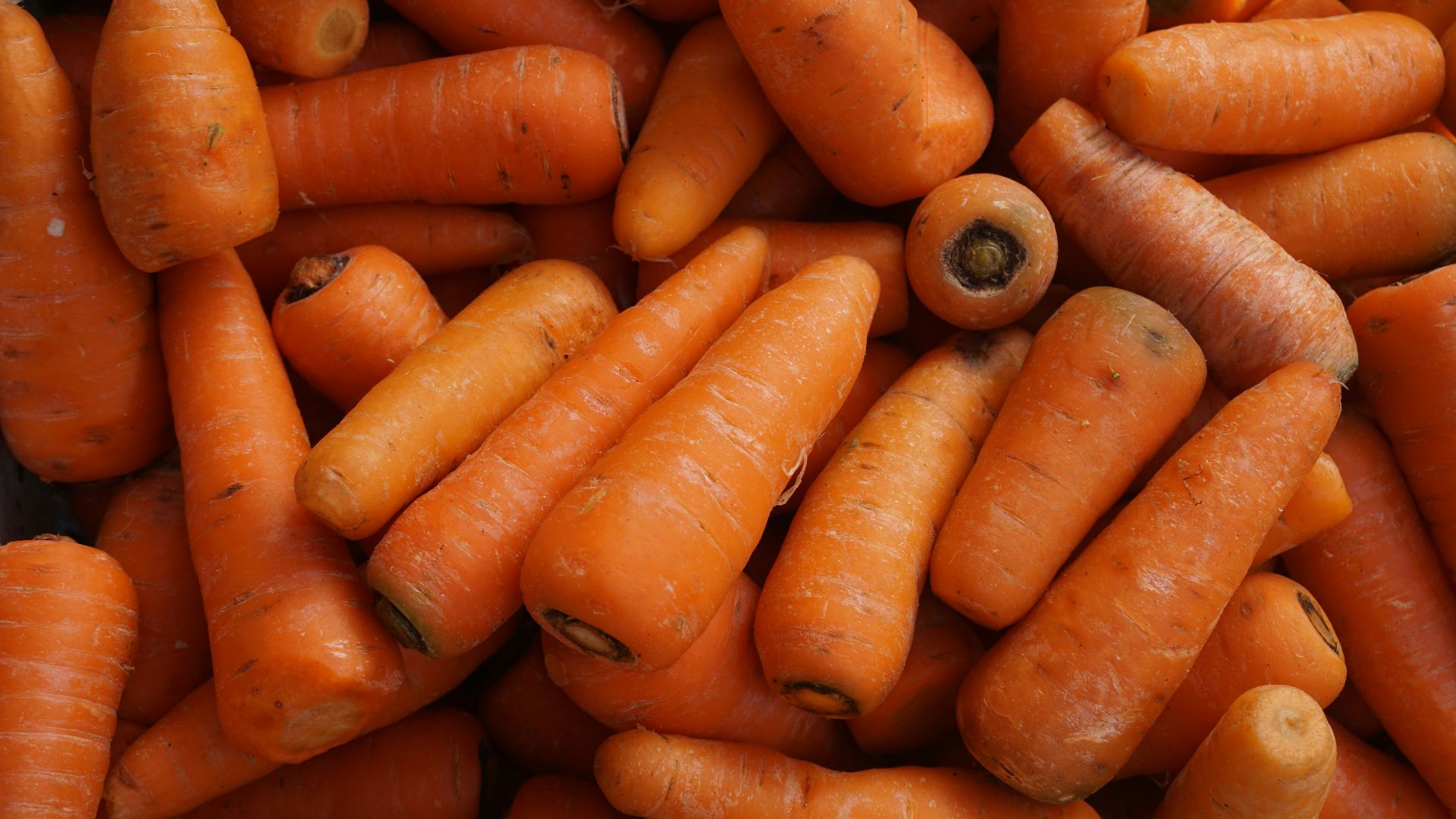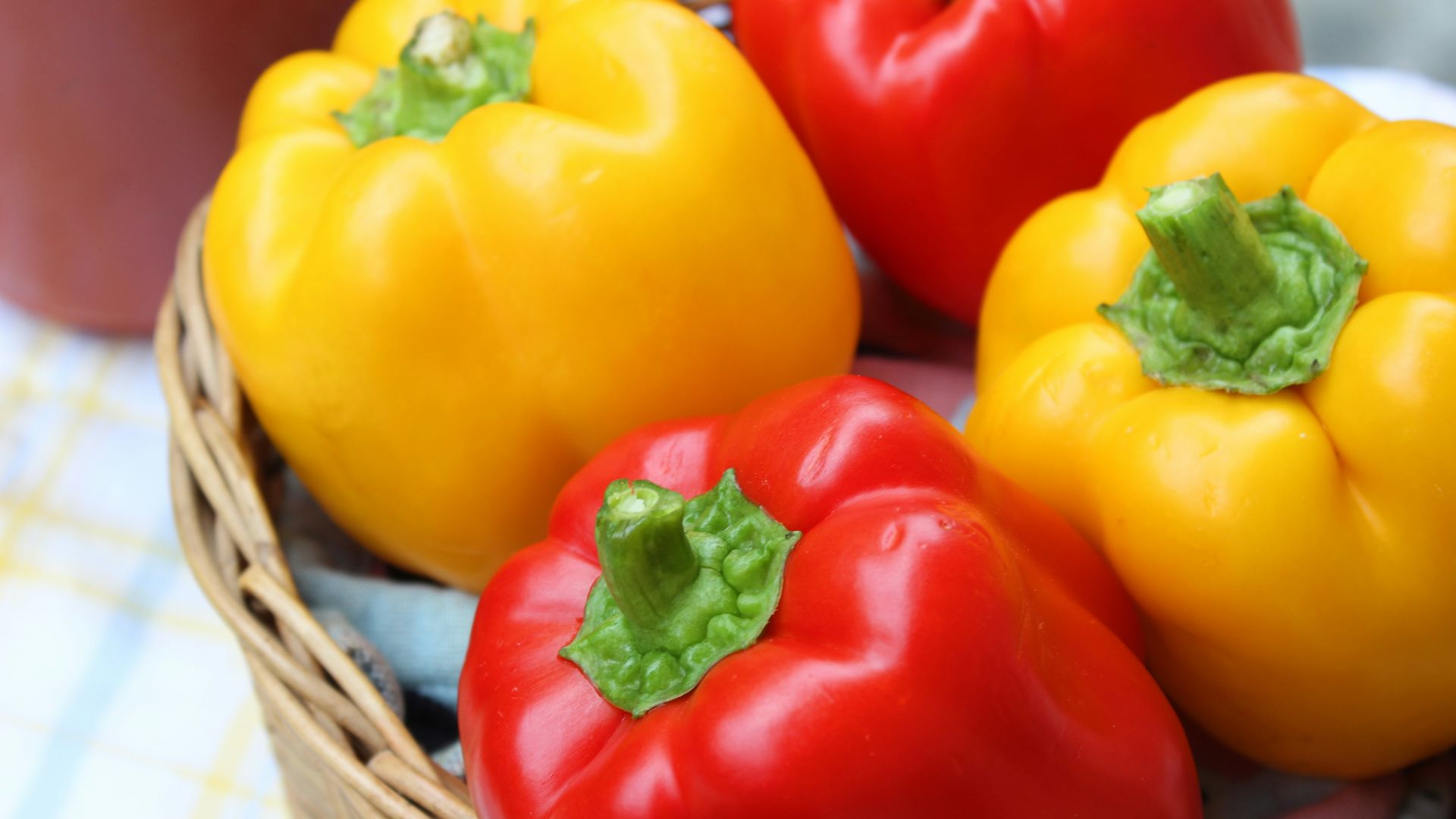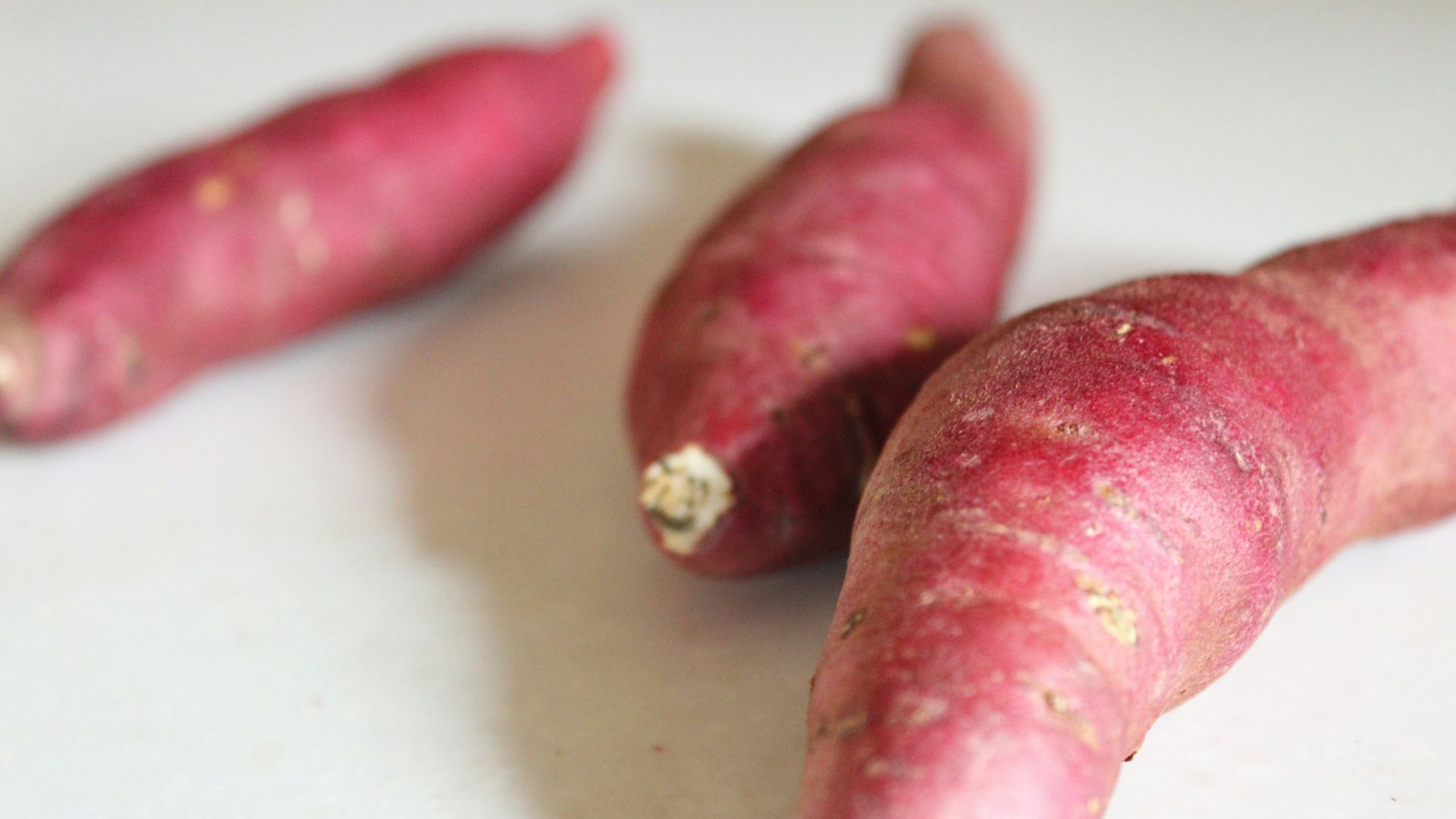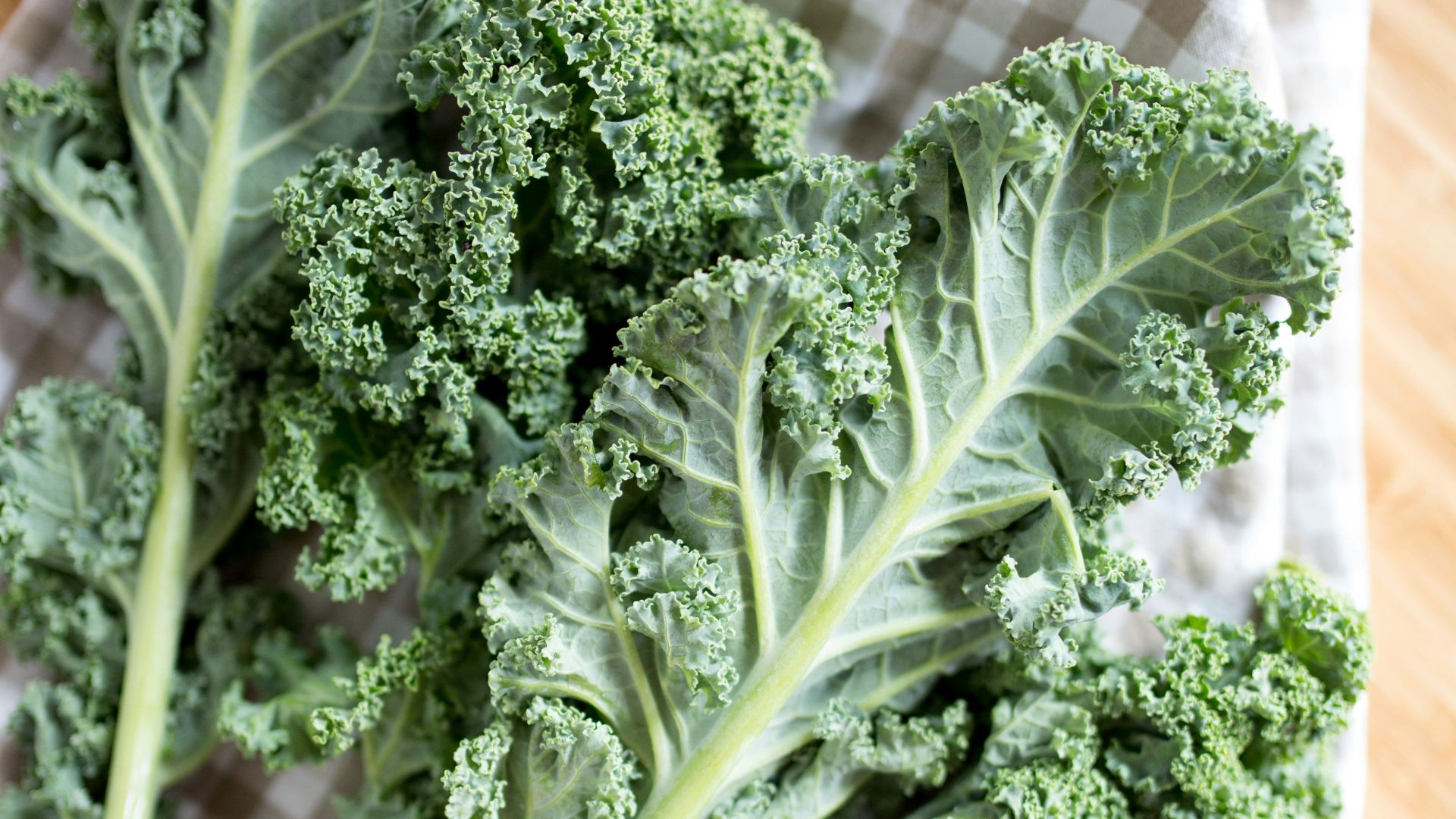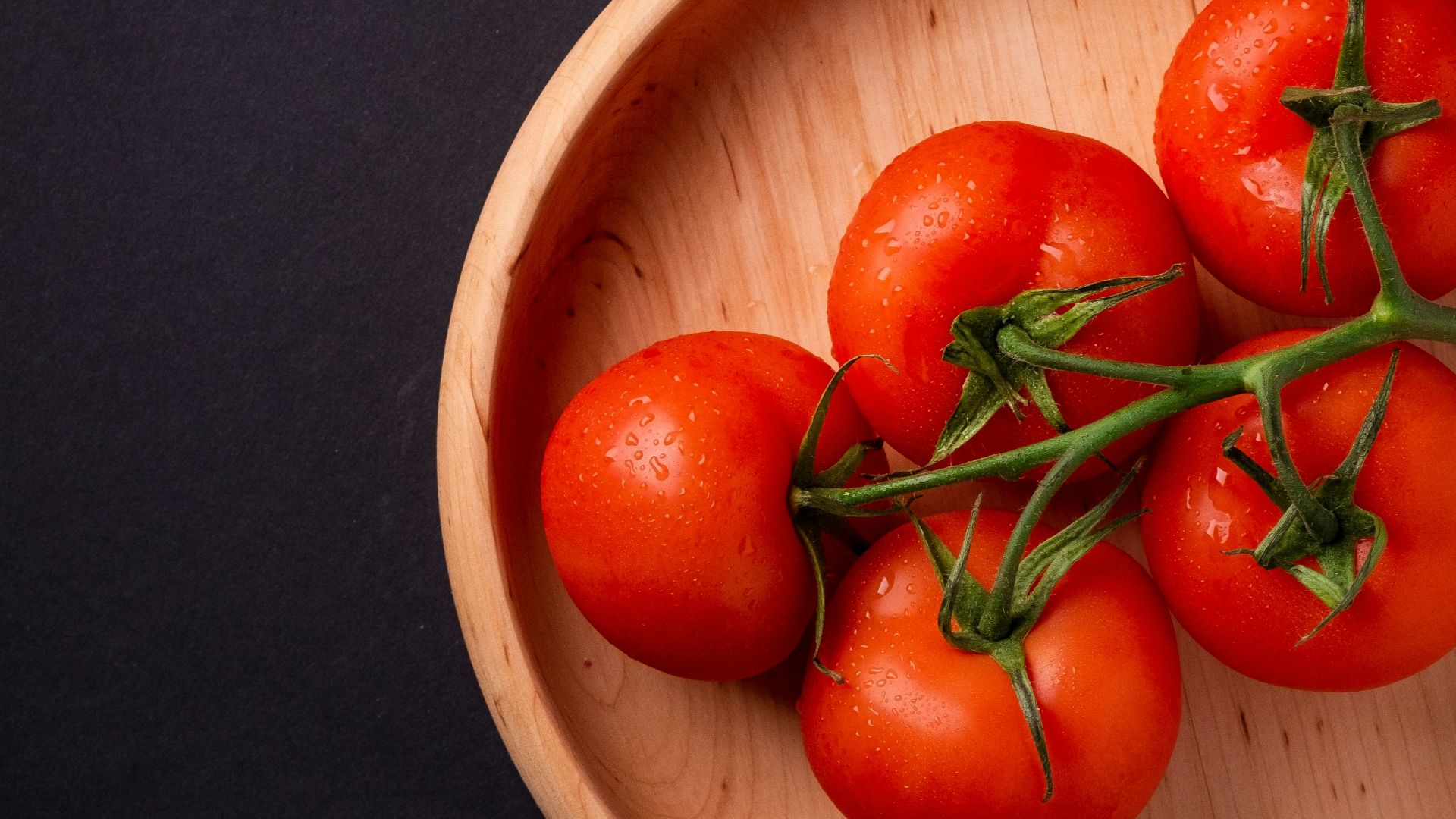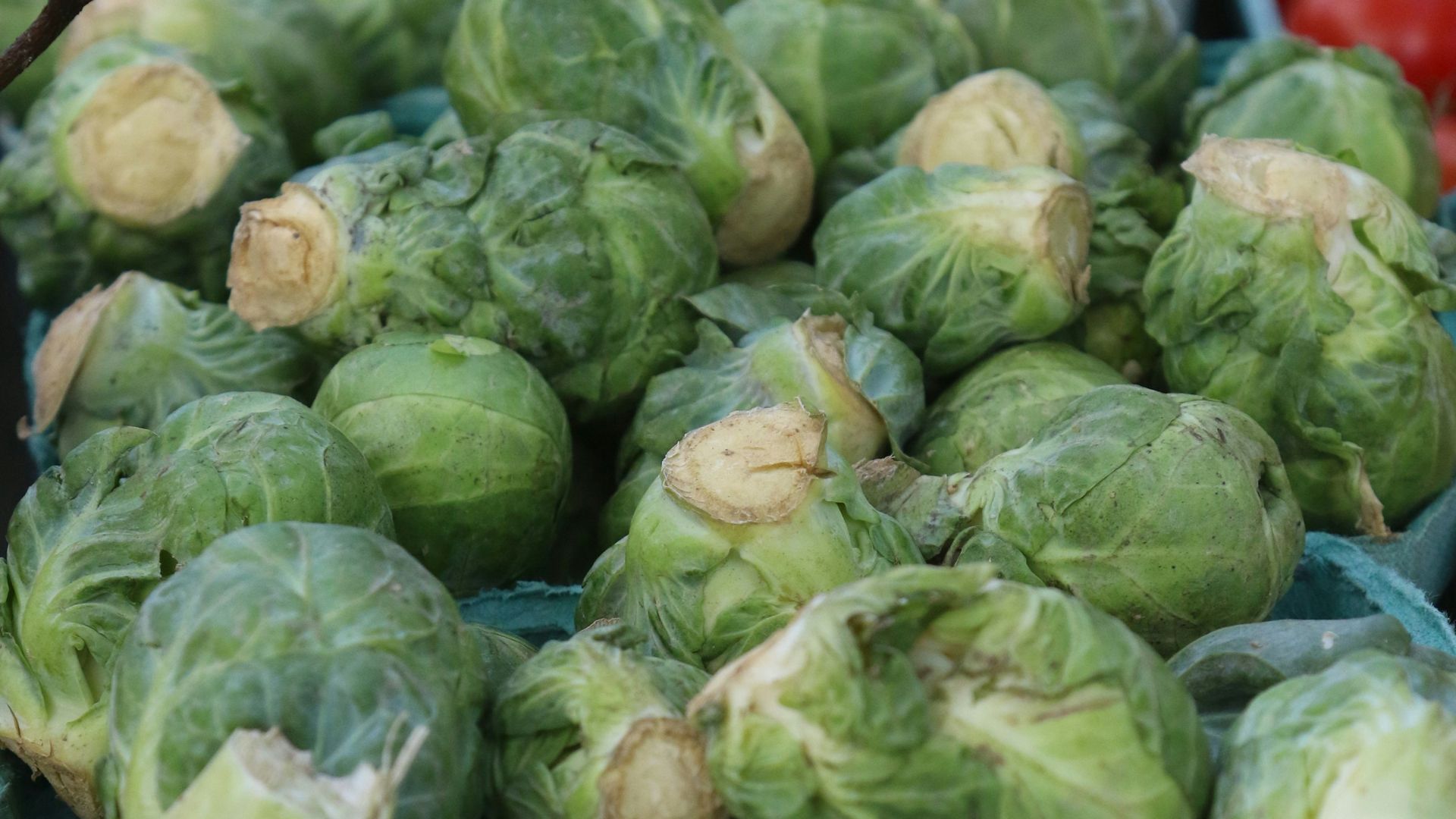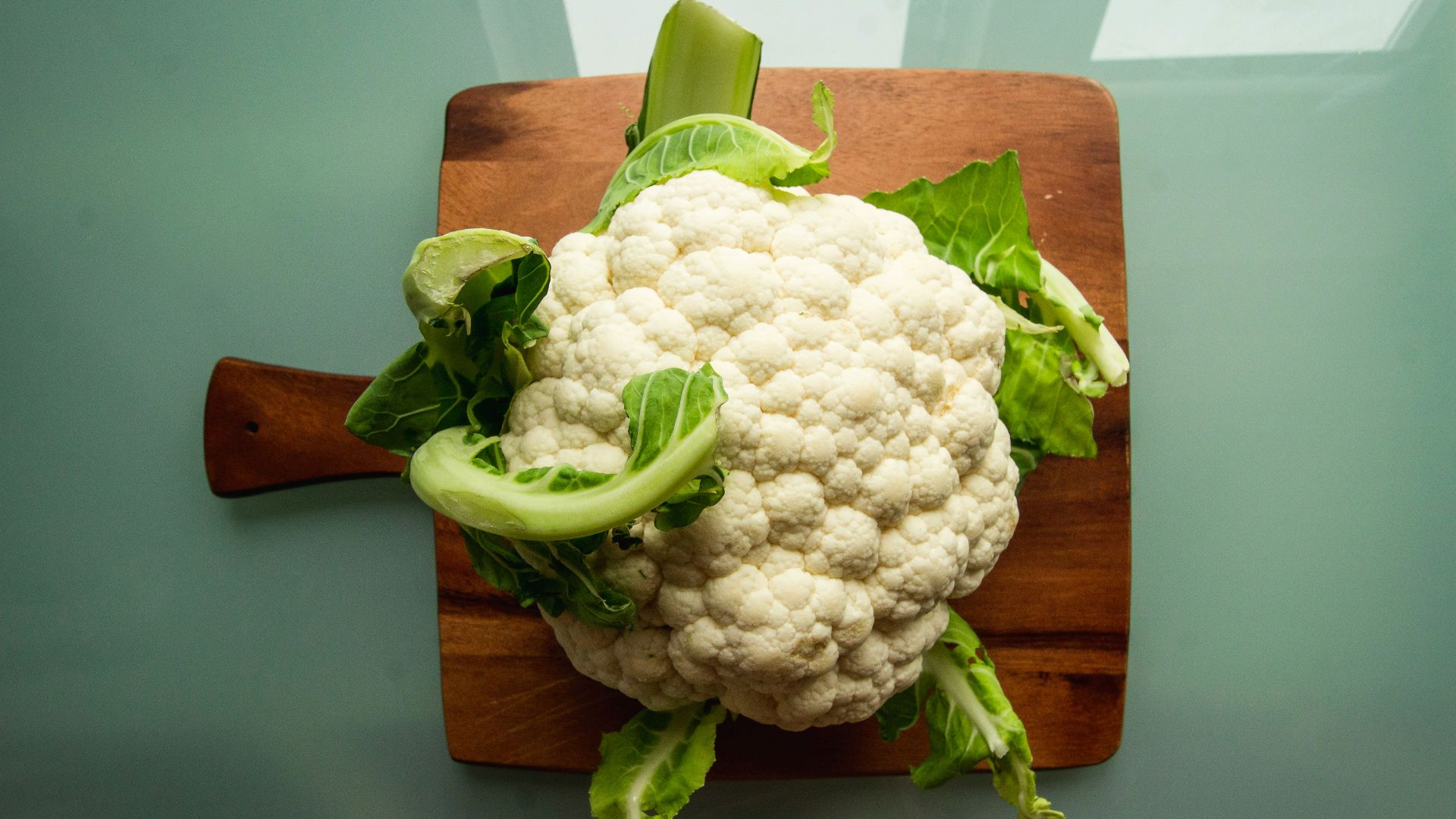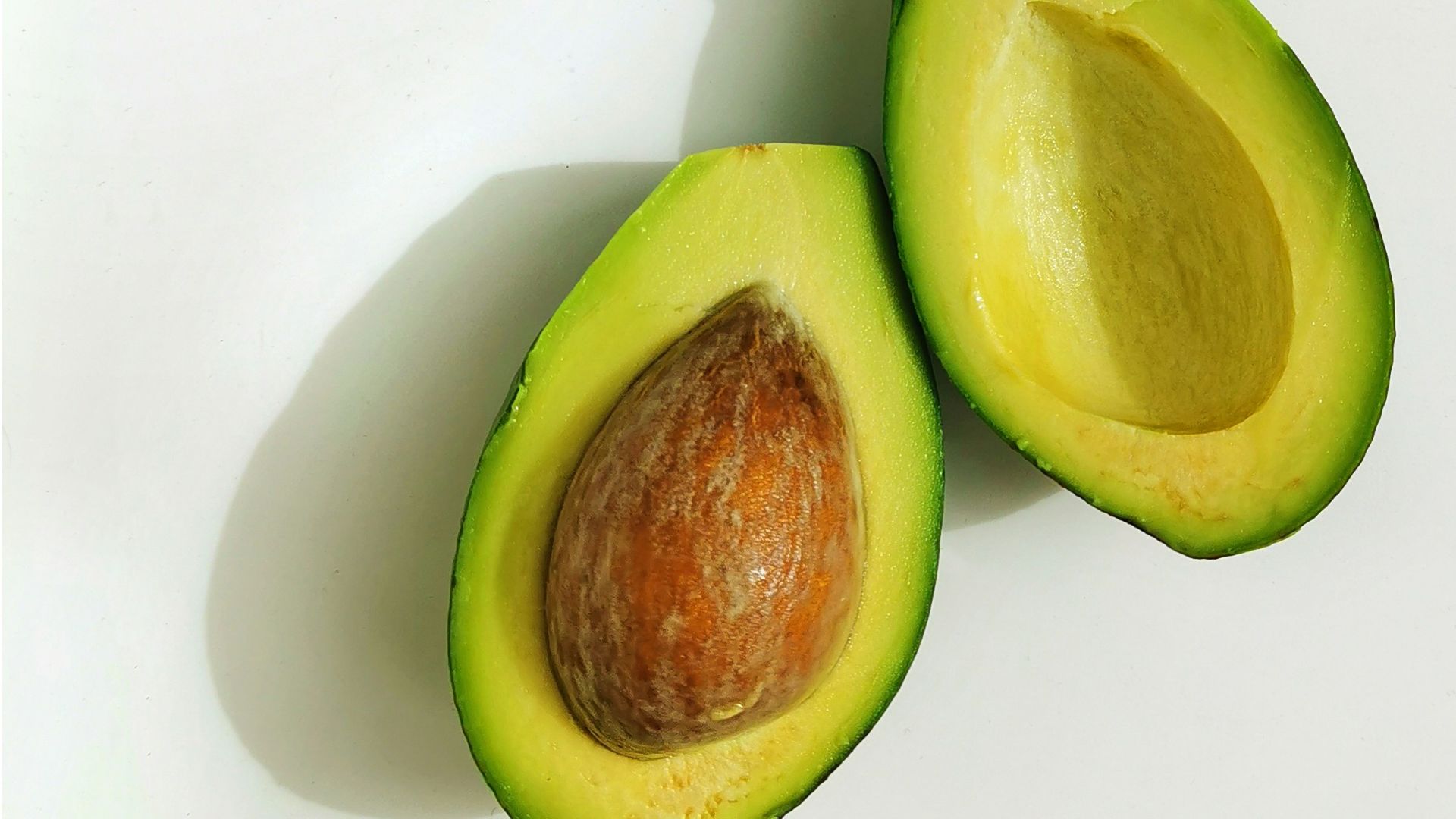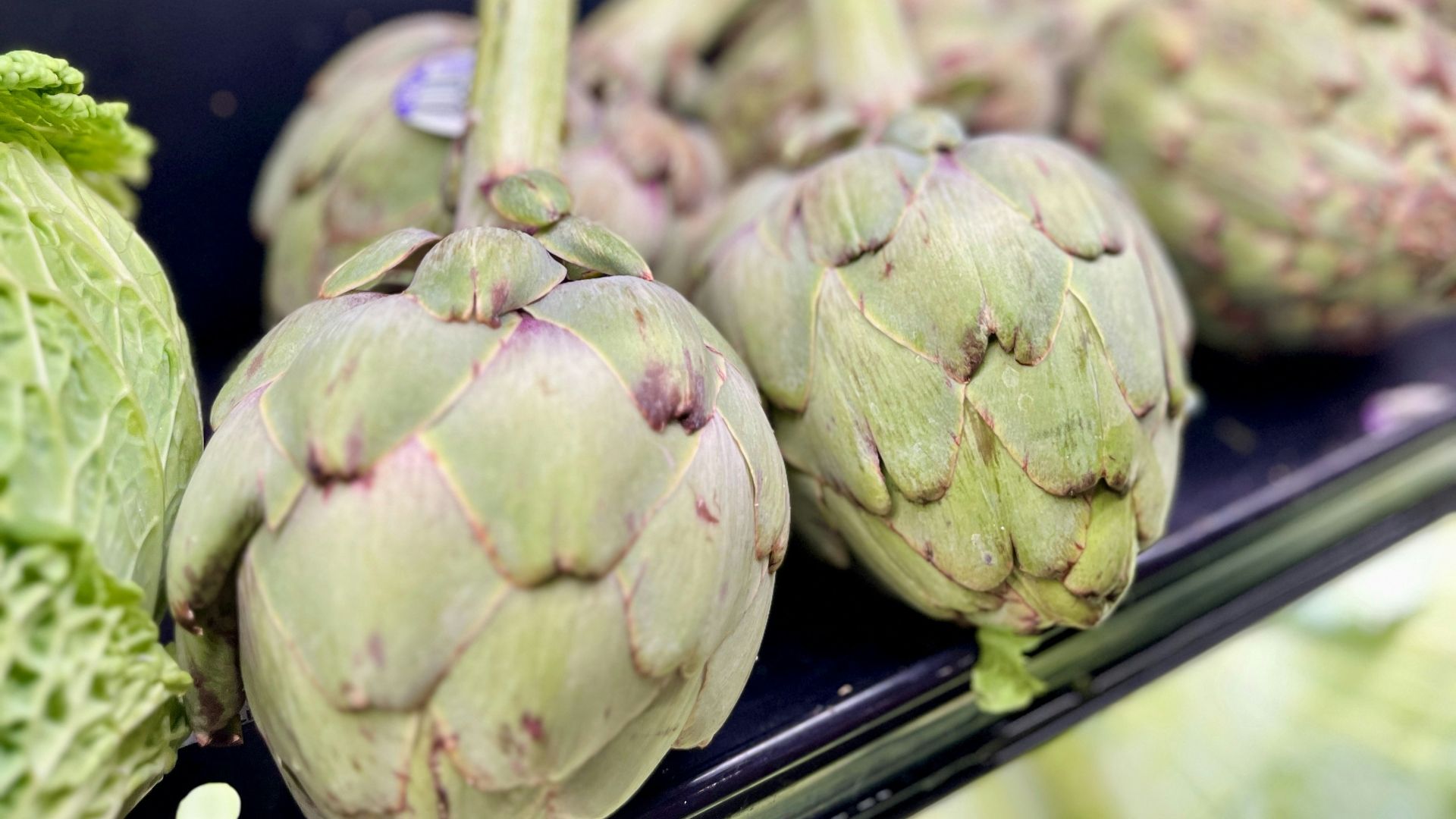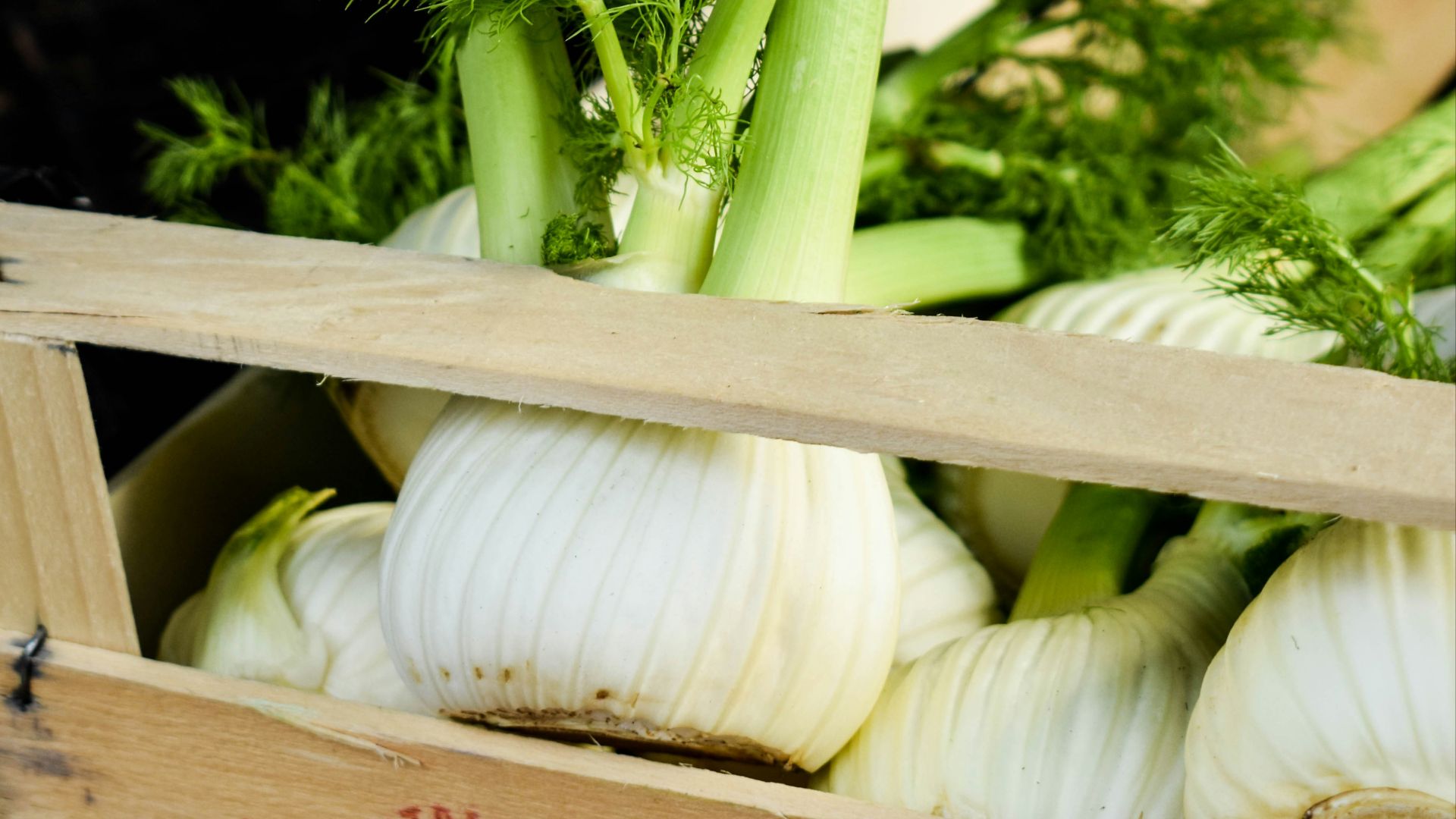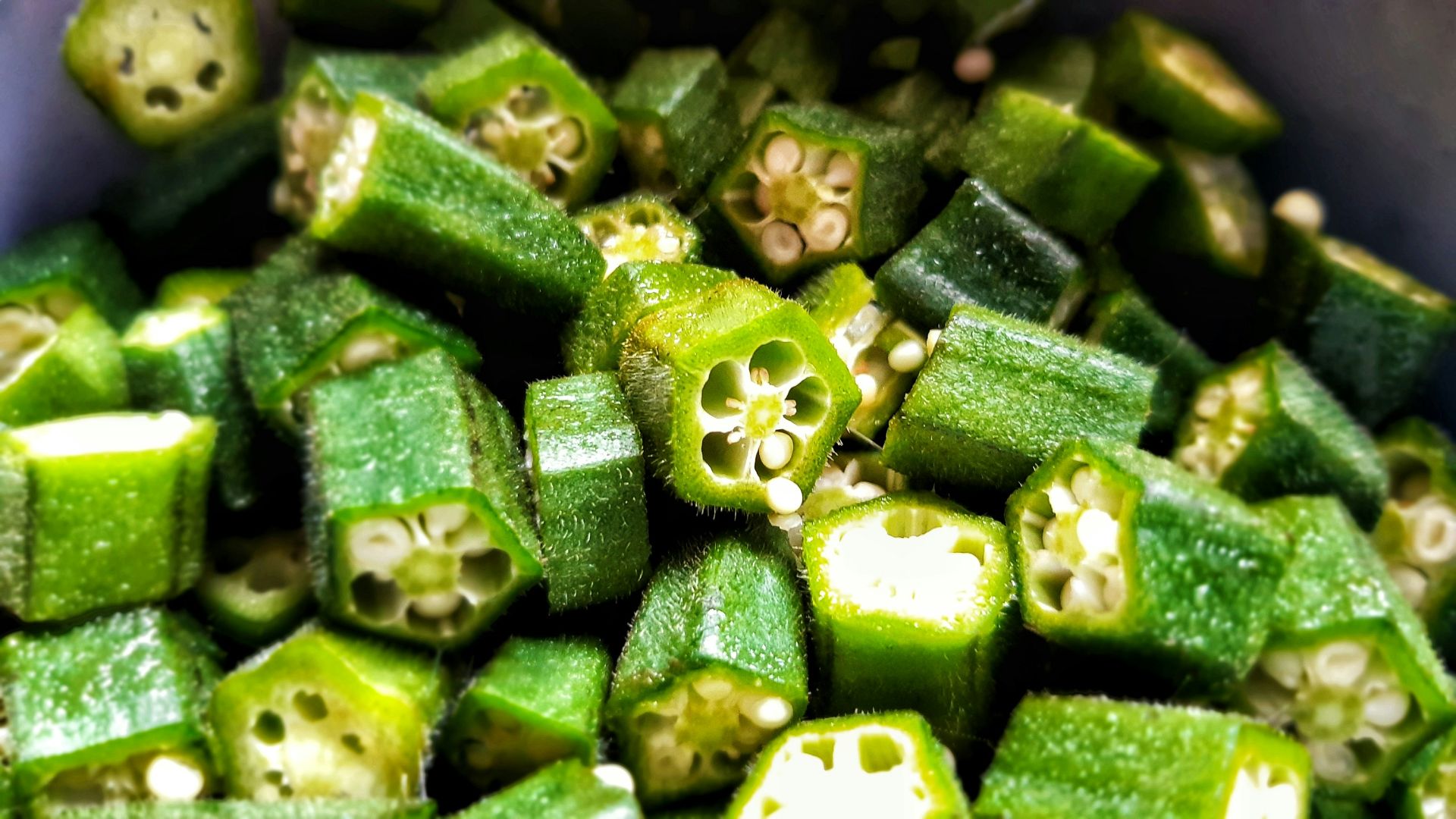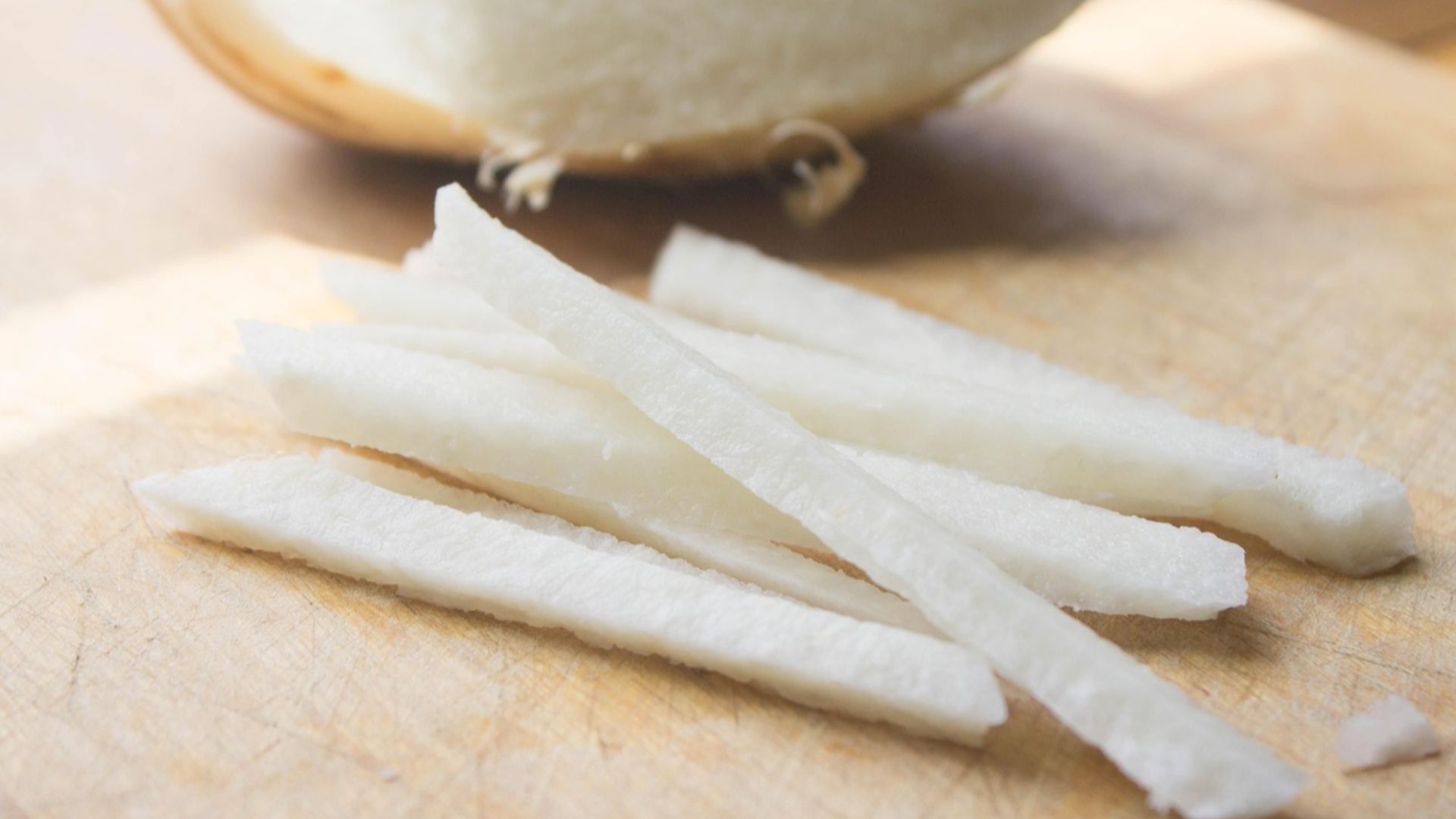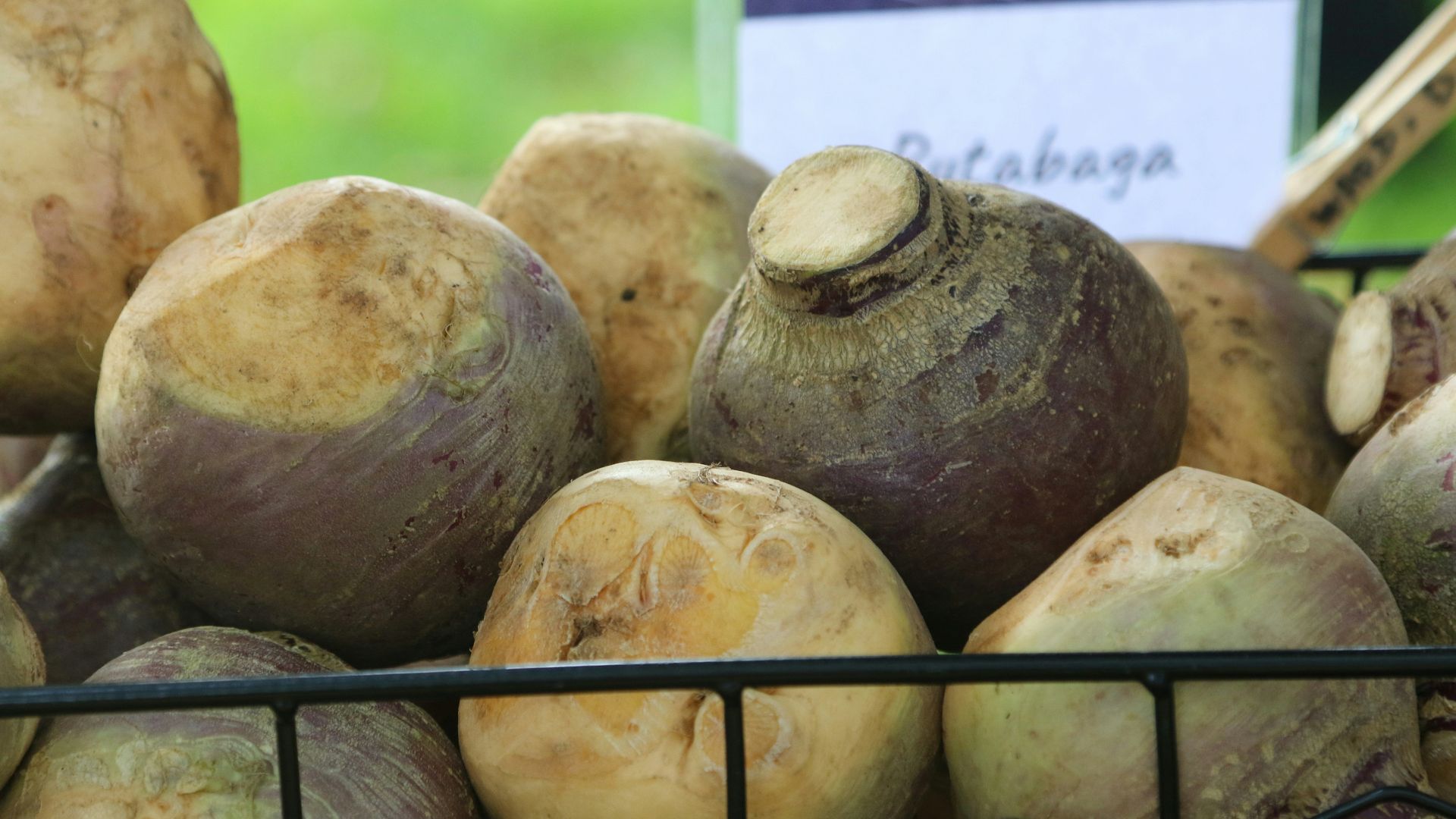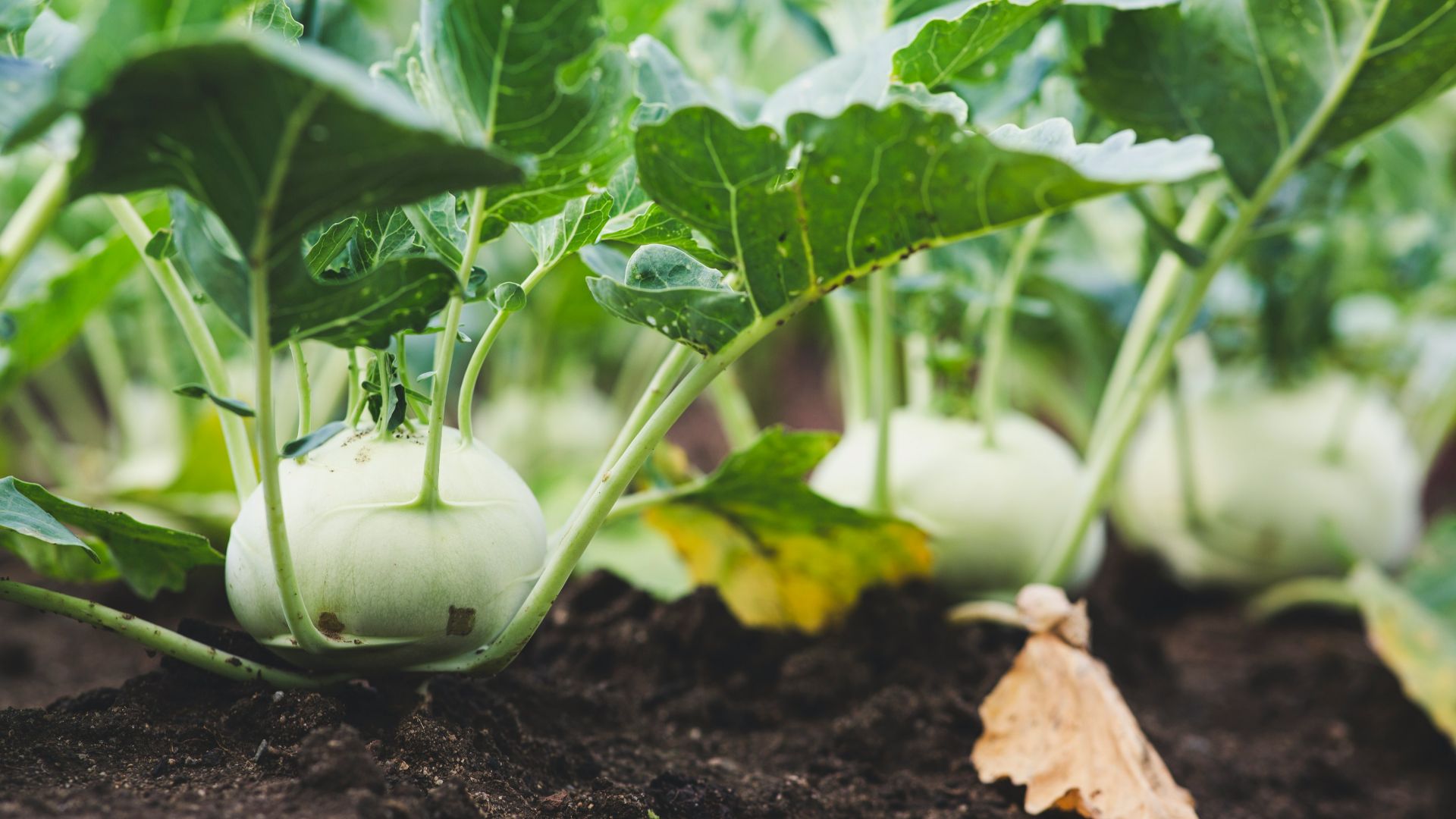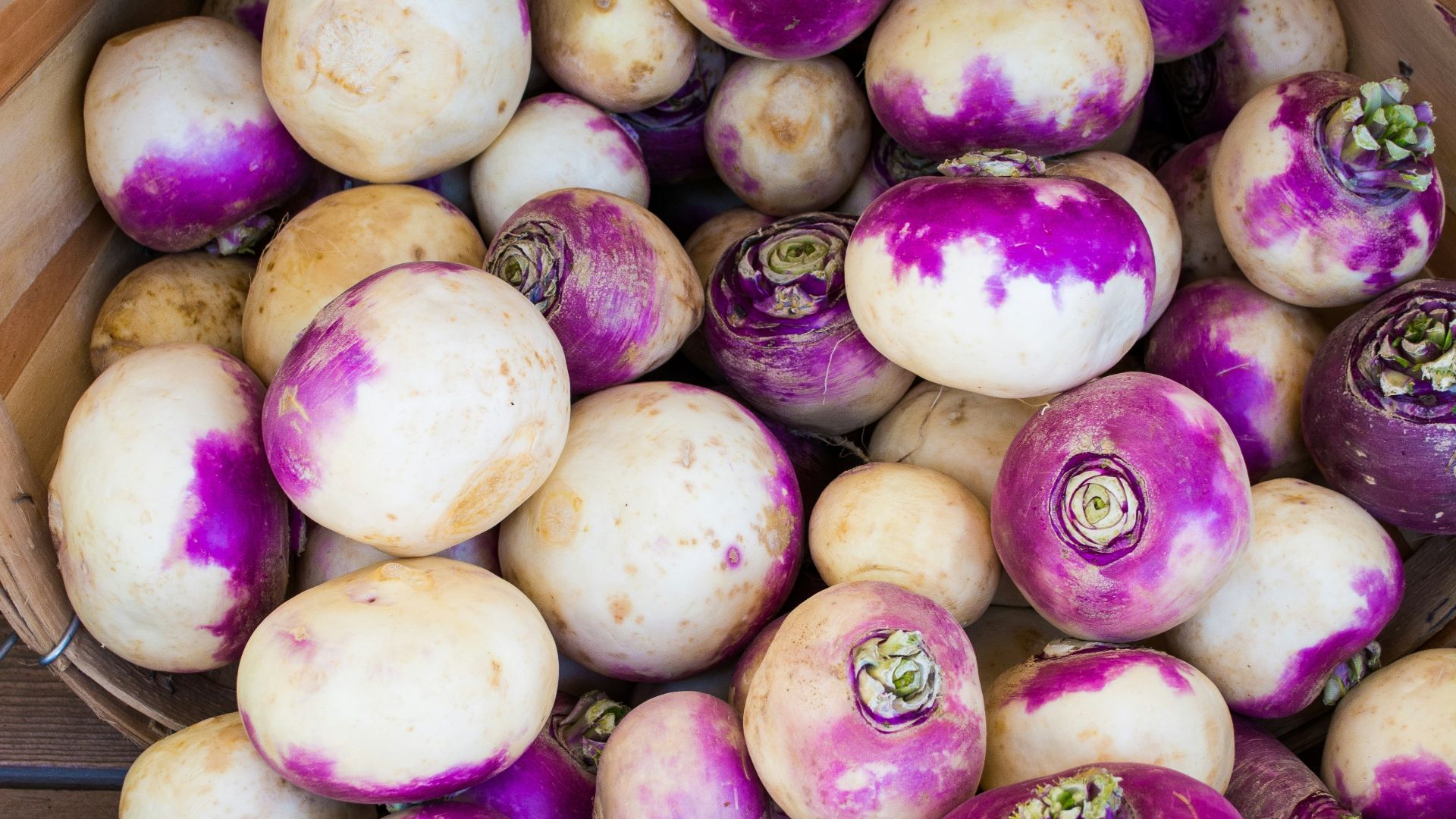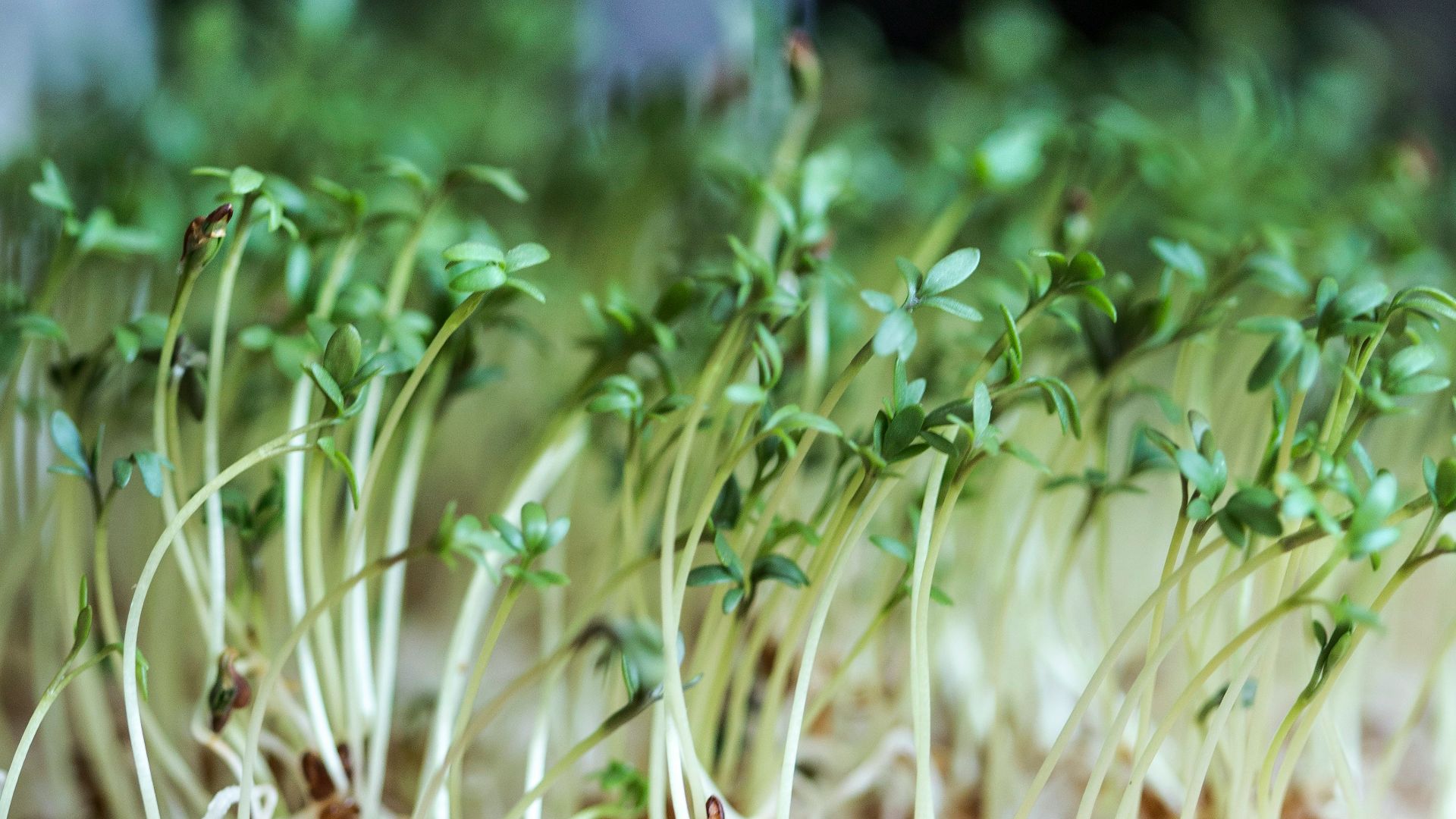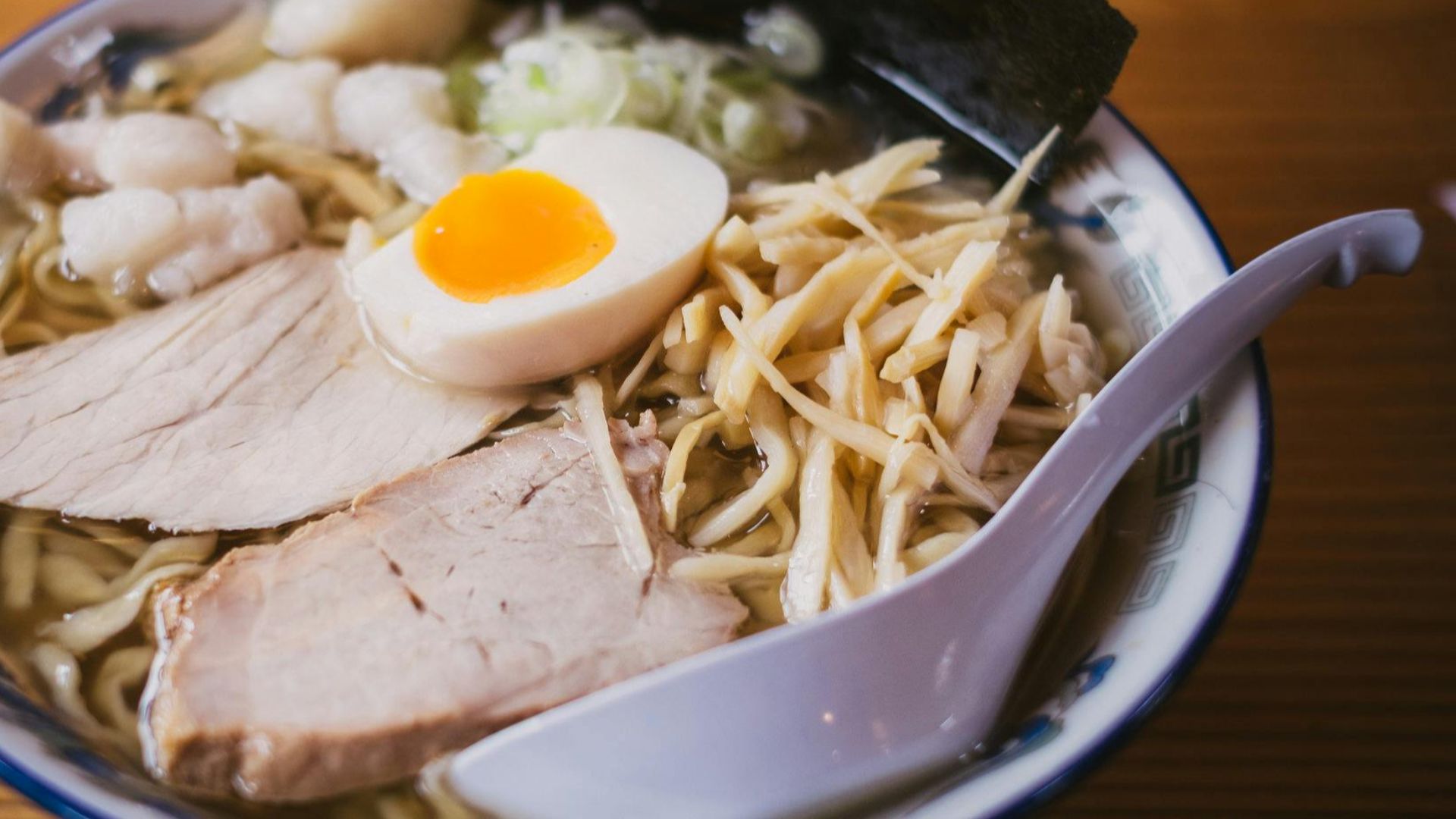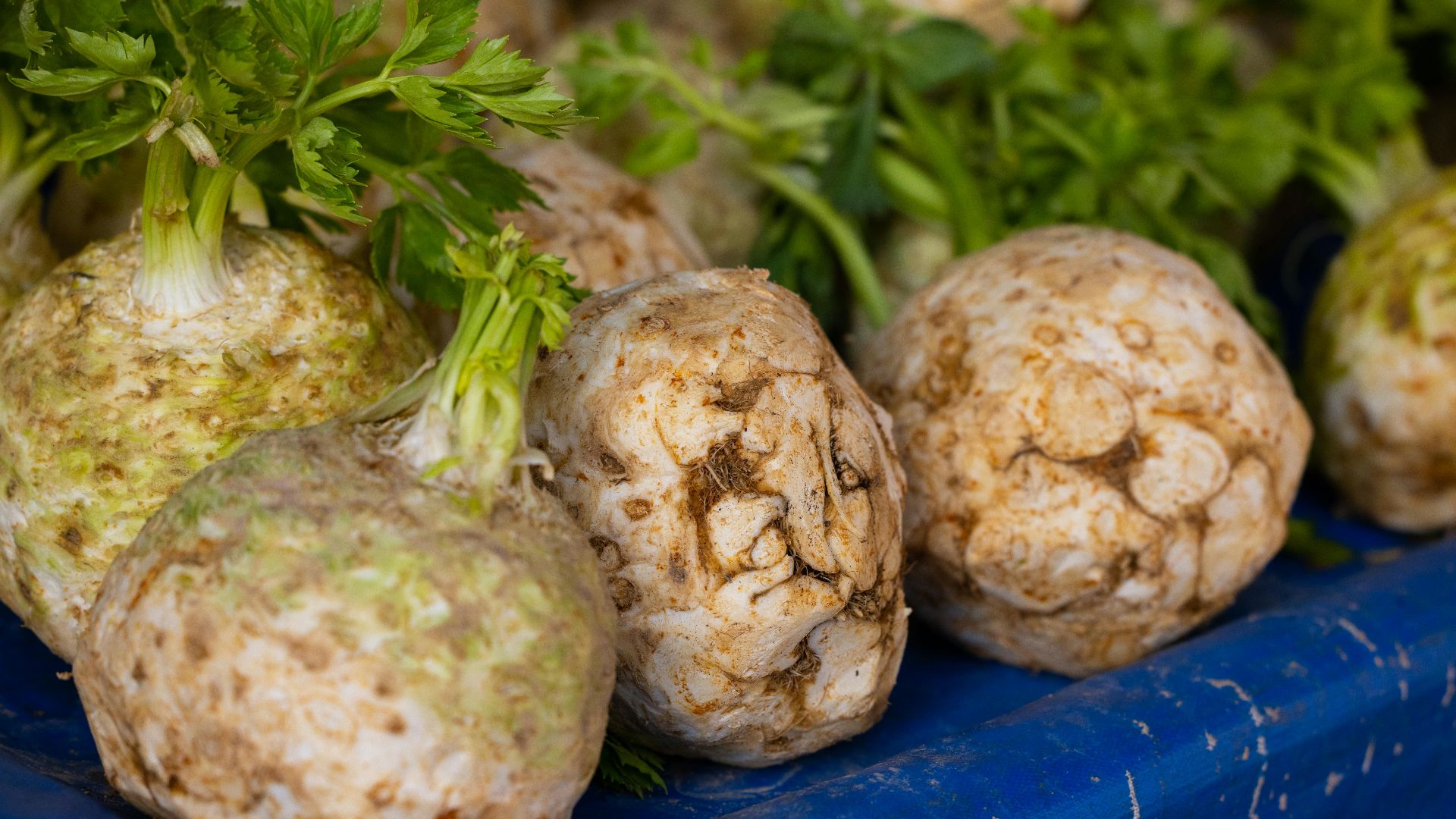10 Vegetables That Should be Eaten on The Regular & 10 You Don't Really Need
10 Vegetables That Should be Eaten on The Regular & 10 You Don't Really Need
Which Vegetables Do You Need The Most?
We all know that vegetables are a healthy part of a solid diet, but does that mean any kind? While many are powerhouses of nutrients, fiber, and antioxidants that are essential for your well-being, some don't need to be included every single day. While it's important you incorporate a variety of different veggies to tackle different health benefits, we'll help you narrow it down to 10 of the most crucial ones and 10 you maybe don't need as much.
1. Spinach
When it comes to spinach, it'd do you well to view Popeye as a good role model. It's his favorite after all! Packed with iron, vitamins A, C, and K, as well as folate and calcium, he chose a fantastic veggie to be his go to that should be yours too. It's so easy to incorporate into meals as well, whether eaten raw in salads, blended into smoothies, or cooked in dishes.
2. Broccoli
With its crunchy texture and earthy flavor, broccoli is a cruciferous vegetable you should be eating more often. Not only is it rich in plenty of goodies like fiber and vitamin C, it's also loaded with antioxidants that help with detoxification and reducing inflammation.
3. Carrots
While its bright orange color doesn't make it seem the healthiest, this vibrant and crunchy vegetable is a great addition to any well-balanced diet. Packed with an antioxidant called beta-carotene, carrots are excellent at supporting immune function and promoting healthy eyesight. The amazing thing is, you can eat them raw, cooked, tossed in salads, or however you like - it's that easy.
4. Bell Peppers
From red to orange, yellow, and green, bell peppers are a colorful vegetable that just look fun to eat. They're particularly rich in vitamin C, which is crucial for collagen production, healing wounds, and boosting your overall immunity. They have a delightful sweetness to them too, making them enjoyable veggies to eat on the regular.
5. Sweet Potatoes
With sweet already in its name, this vegetable is a popular favorite no one could possibly complain about eating regularly. Not only is it tasty, but it's also loaded with tons of nutrients like vitamins A and C, potassium, and fiber. It even has high levels of beta-carotene, which just like carrots, means it supports eye health and is good for your immune system.
6. Kale
Thanks to social media, kale gained immense popularity overnight. But it's one of those few things that deserved the attention because this leafy green is packed full of vitamins A, C, and K, alongside calcium and magnesium. All these work together to lower cholesterol levels, reduce the risk of heart disease, and many more.
7. Tomatoes
Though some may find them a bit sour, it's impossible to deny that tomatoes are incredibly versatile fruits. Yes, they're technically fruits, but they're often cooked like a vegetable so we've included it in this list. Rich in a powerful antioxidant called lycopene, tomatoes help protect against heart disease, reduce inflammation, and can even potentially lower the risk of certain cancers. So go on, toss them in your salad, turn them into pasta sauce, or eat them raw for a healthy dose of nutrition.
8. Brussels Sprouts
You may have just loudly groaned seeing that we're telling you to eat Brussels sprouts on a regular basis, but hear us out. These veggies may have had a bad rep in your childhood, but when cooked properly, they can be delicious and nutritious. Because we know that once you hear these are packed with fiber, vitamins C and K, and antioxidants, you'll be much more tempted.
9. Cauliflower
Sometimes viewed as broccoli's more favored cousin, cauliflower isn't just healthy, it's a great choice for low-carb and gluten-free diets too. They're easy to transform into rice or pizza crusts, making them a highly adaptable vegetable to eat more of. On top of that, they're rich in vitamins, nutrients, and antioxidants that support bone health and protect you from certain diseases.
10. Avocado
Another "fruit" on this list, avocados are also often used as vegetables and eaten in savory ways. This superfood received a lot of recognition on social media for its multitude of health benefits, and we're happy to announce it's true. Rich in heart-healthy monounsaturated fats, fiber, and vitamins, avocados do more than just taste good, they support brain health, improve weight management, and promote healthy skin.
1. Artichokes
With their unique and rough-looking shell hiding what's inside, artichokes can be a hassle to prepare, especially if you've never done it before. They require trimming and steaming before they become nice and tender, and while they contain lots of health goodies for your body, they're not a staple.
2. Fennel
Though often found in salads and sometimes in soup, fennel has a licorice-like flavor that isn't appealing to everyone. While it offers fiber, vitamin C, and potassium, it's not the easiest veggie to incorporate daily. You can get your fix of these nutrients from the others previously listed instead.
3. Okra
Many people find okra's slimy texture to be off-putting, which would make it hard to convince people to eat this on a regular basis. Though it provides vitamins and minerals, it's not a necessary vegetable you need to frequently buy. Besides, if the only way you like it is deep-fried like they do in the South, that takes away the whole point.
4. Jicama
Though jicama can be satisfying to eat with its crisp texture and mild flavor, it's not always the most accessible of vegetables at the grocery store. While it's nice to eat every now and then, with its great mix of fiber, vitamin C, and potassium content, it's easier sticking to veggies you know you can buy every weekend.
5. Rutabaga
Have you even heard of a rutabaga before? This root vegetable is similar to turnips, but tends to have a sweet flavor and denser texture. You don't need to eat this one regularly, but if you get the chance to, you do get to enjoy plenty of fiber, vitamins, and minerals.
6. Kohlrabi
Likely another unfamiliar vegetable, kohlrabi tend to have strange appearances that might make people a bit taken aback. But beyond its exterior layer lies a mild flavor and crisp texture that makes it surprisingly versatile. But given that you probably can't find this in many grocery stores, it doesn't make sense to add it to your regular rotation.
7. Turnips
Though not an uncommon addition in salads, soups, and stews, this root vegetable isn't the most palatable. Having a slightly bitter and earthy flavor, you can only appreciate its fiber, vitamins, and mineral content once you look past the taste. And to make it taste good, you have to learn how to cook it right, which might be too big of an ask for many homecooks.
8. Watercress
Despite water being in this vegetable's name, it has a flavor that's anything but bland. Having a peppery punch that gives salads and sandwiches a small kick, this veggie works more as a flavor booster than a staple diet addition. It does offer vitamins, minerals, and antioxidants, but it's less versatile than some of the others listed earlier.
9. Bamboo Shoots
Most commonly used in Asian cuisine, it's possible that many people aren't very familiar with bamboo shoots. Though they're fun to eat with their crunchy texture, it might be hard to know what to do with them. Not to mention, they're not easily available in many regions which means it'd be wrong to classify it as a must-have vegetable.
10. Celeriac
Sometimes known better as celery root, celeriac has a knobby appearance alongside a subtle celery flavor that is mostly used for soups and purees. Outside of that, you might have to get a bit more creative! While this veggie does provide various health benefits, it's much easier to eat this on occasion rather than trying to find different ways to add it to all your meals.
KEEP ON READING



